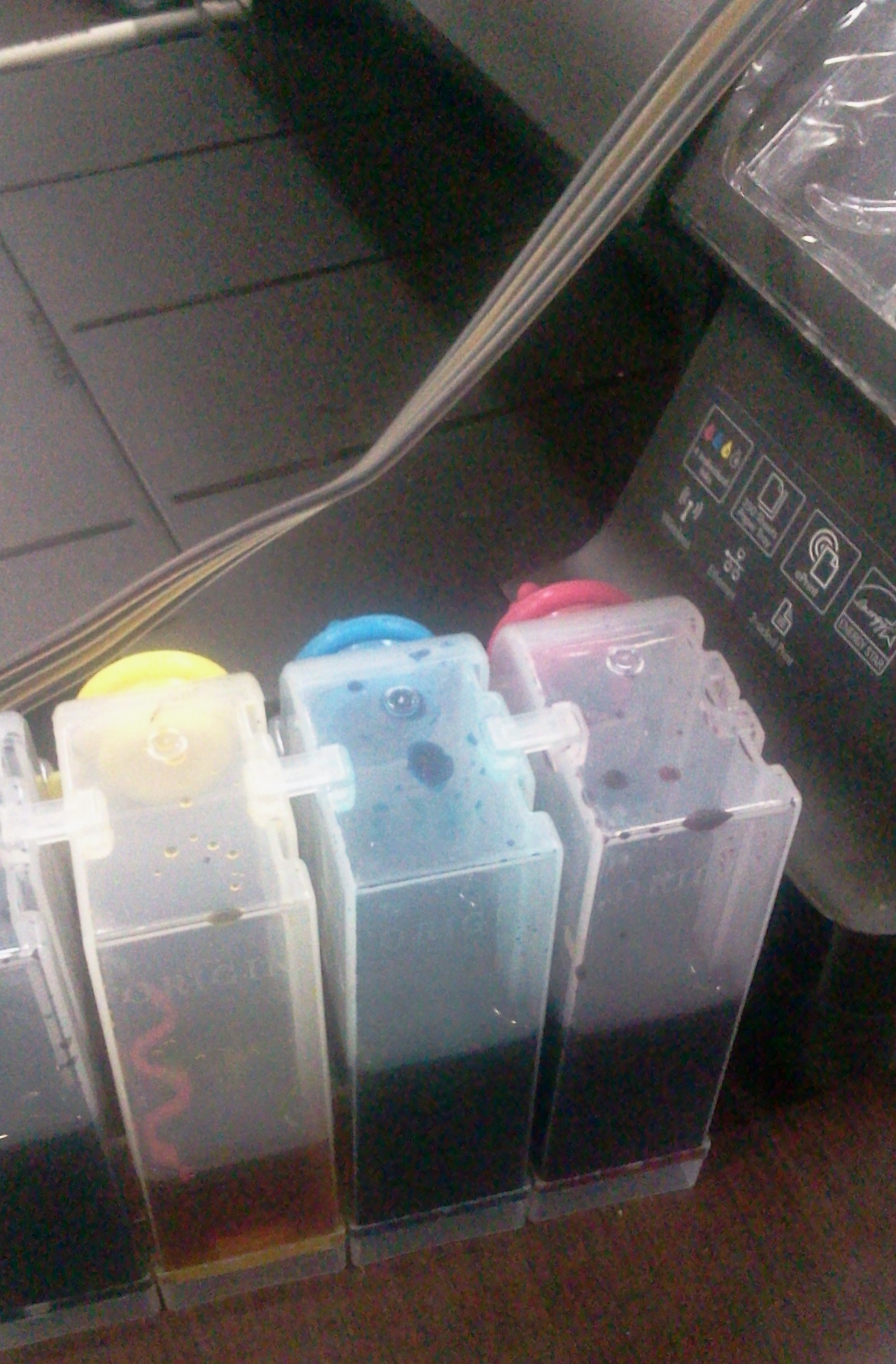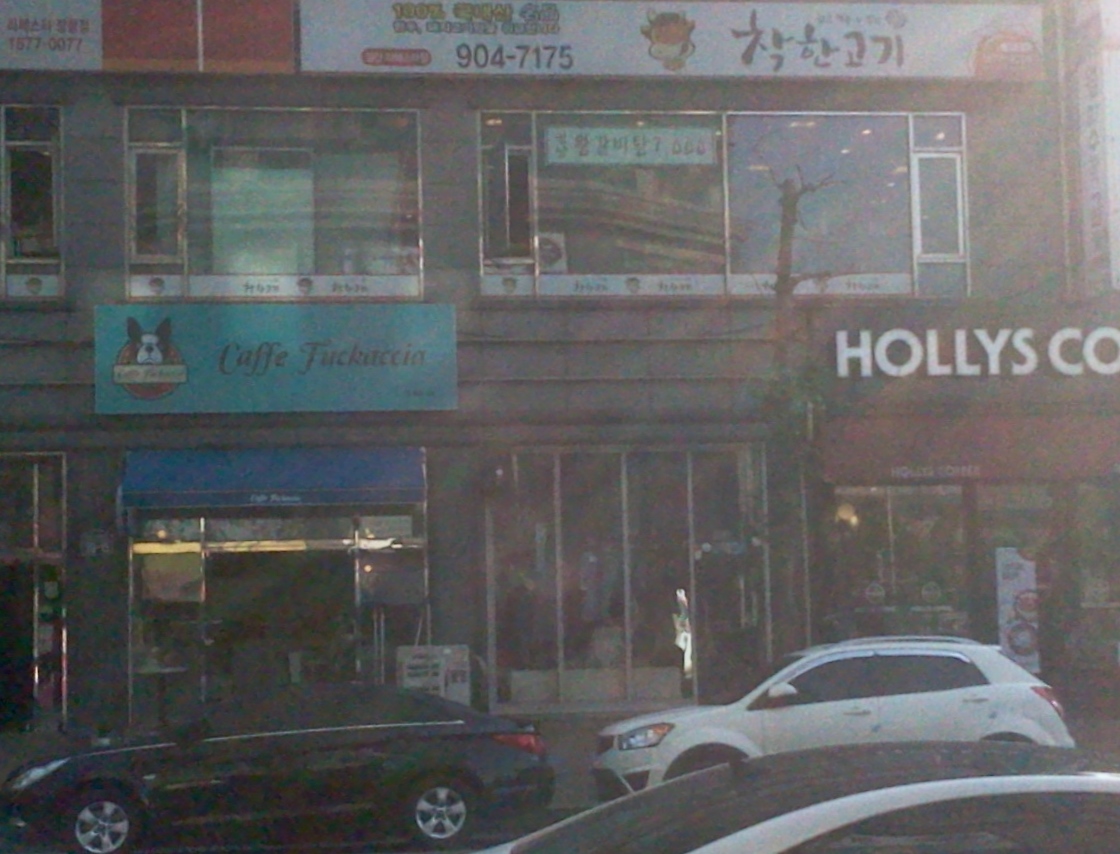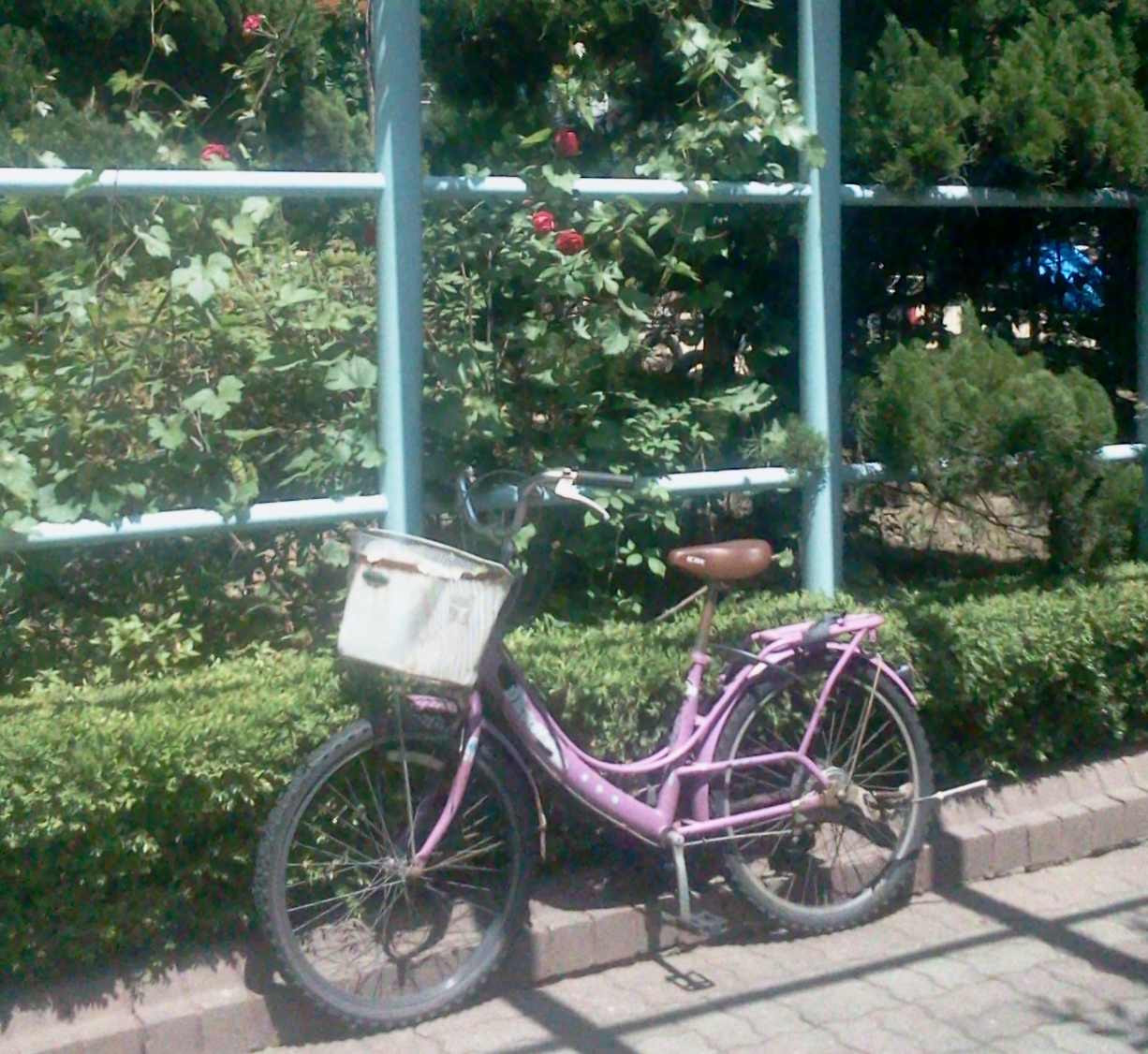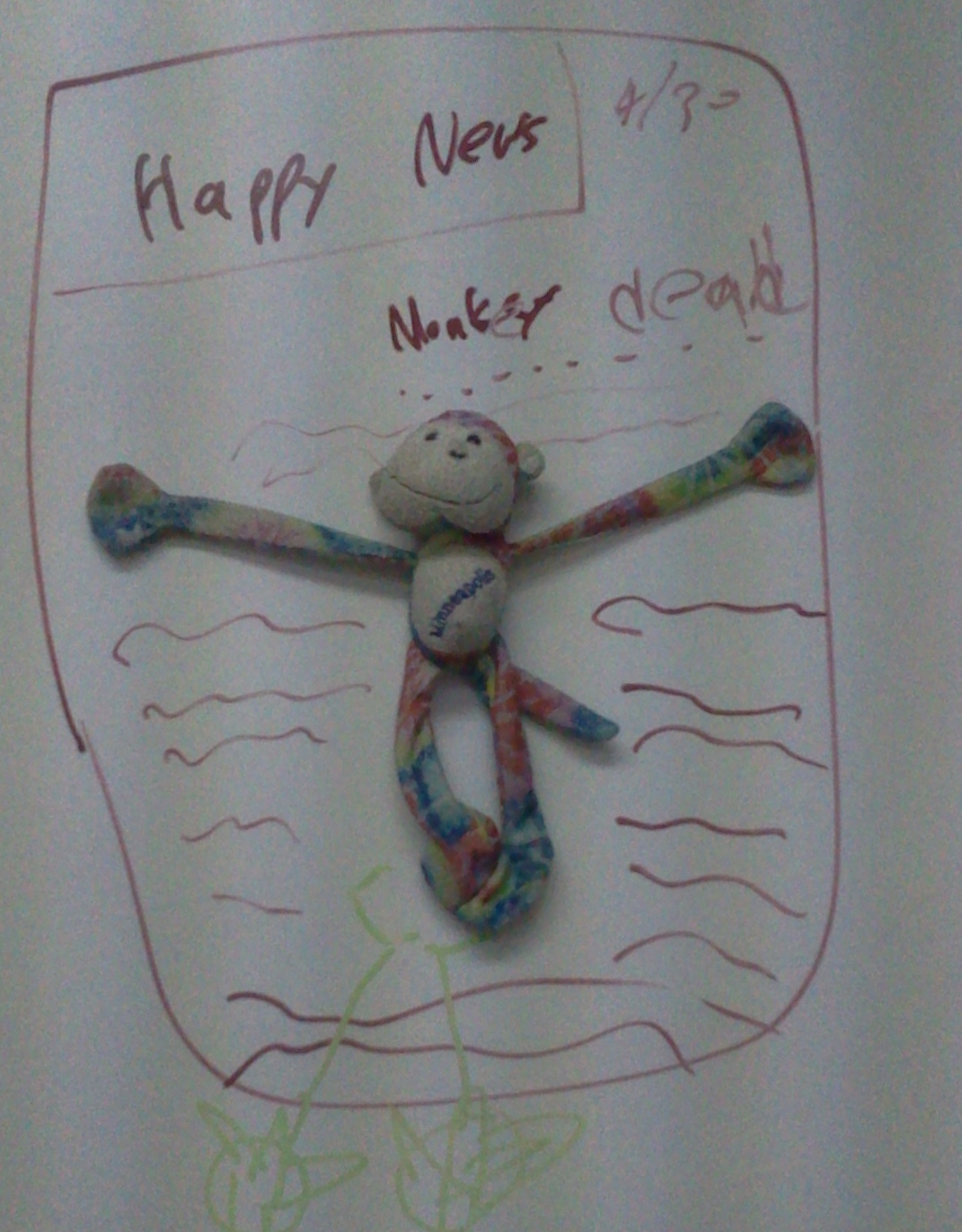Yesterday was one of the worst days I've had in quite a while.
Part of it, of course, is that over recent weeks, I have been working far longer hours, and more intensely during those hours. First there was the pressure of the talent show. I finished that, pushing hard partly with the understanding that I was going to be getting an easy schedule shortly after that, due to the middle schoolers' exam prep schedule. That didn't happen, because Grace had to go back to Canada. So instead of a reduced schedule, I got a doubled one. I don't begrudge that Grace had to go, but it's been stressful.
I was supposed to post grades for the middle schoolers last week, but I was so busy with the extra classes, I got a deadline extension until Monday. I took the work home over the weekend, and yesterday I started working at 10 am. I finished my grades by the deadline (3 pm), and when I told the middle school director… not even a thank you. Just an impatient, "I already saw."
I worked 7 classes today, straight through, filling in for a class that another teacher had to miss, too.
Then I had to post all my homework assignments.
I've been in burnout mode, lately, and my temper and mood are beginning to show it.
To top off the day, I heard some parent had complained for one of the classes in which I have been substitute-teaching for Grace. I'm too laid back, I guess, or something: I didn't make students who hadn't done their homework stay after class.
Pop quiz question – when, exactly, in my current schedule, am I supposed to find time to supervise students who have to "stay" to finish homework? Regardless, it also takes time to explain each student's "reason to stay" to some other teacher, so offering the services of another teacher is only a half solution at best. Frankly, the other teachers don't enjoy being hit with the "supervise the kids who stay" task, either.
The fact is that I despise and have always despised this whole "stay after class" policy, anyway. It's been a bugbear of mine ever since becoming a hagwon teacher. The practice of making students stay late who haven't performed adequately on homework or quizzes is bad pedagogy and a bad business practice too.
It's bad pedagogy because it's implemented unfairly – as it must be. You see, not all parents want their kids to be made to stay. There are sometimes practical reasons for this – their kids have some other obligation in the time directly after hagwon, i.e. another hagwon, a family home-by-8pm-rule, or whatever. And other parents just don't want to see their kids getting stressed out at age 10 over homework.
Then, in contrast, other parents make a big deal that it's part of the hagwon's job, and insist that we should make their kids stay. Worst, there also inconsistent parents, who want their kids to stay sometimes, but not others.
So now… let's look at this from the kids' perspective: what the kids see is that some kids have to stay, and others get a free ride, and it seems utterly arbitrary and unfair. Nothing de-motivates kids faster than the perception that they are in a situation where the rules are arbitrary and unfair.
That's why it's bad pedagogy.
It's a bad business practice because it means some of your customers (i.e. the parents of the kids who stay) are getting more value for their tuition than others. That will seem unfair to parents of the kids who don't stay (and who sometimes can't let their kids stay, for the above-mentioned reasons). This drives away these customers, who are in fact the best customers for your business – these are the parents whose kids are "low maintenence." Further, it creates dissatisfaction and frustration among the staff – trust me, I'm not the only teacher ranting about this system. A dissatisfied staff impacts teaching quality.
TL;DR: I had a horrible day, and I'm still angry about it today.
[daily log: walking, 6 km]









